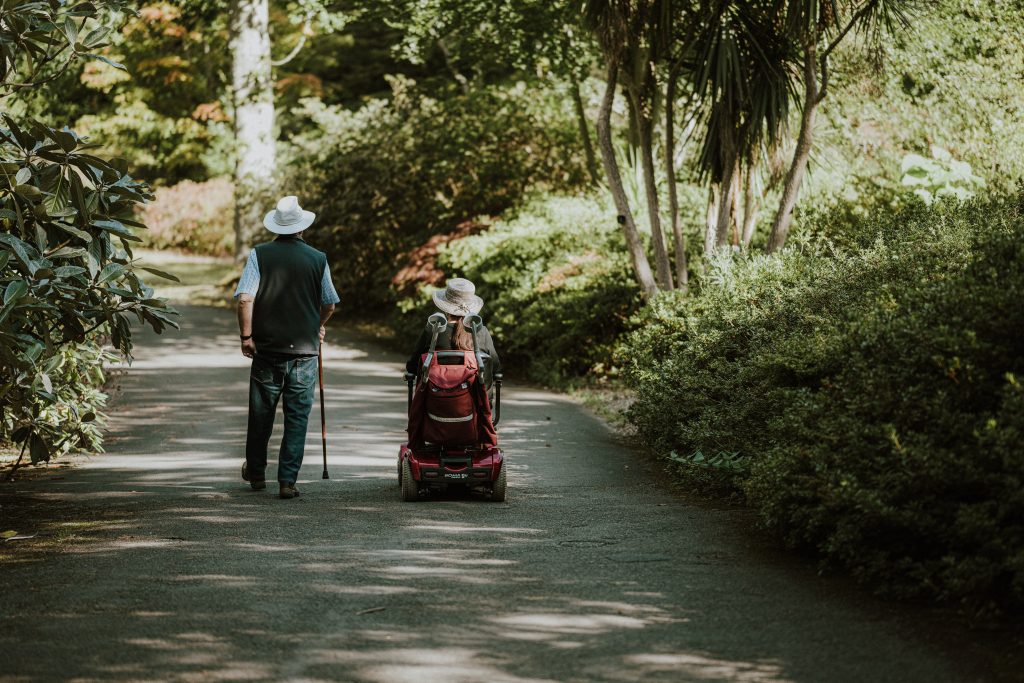
According to the Government’s 2020 Family Resources Survey, there are 14.1 million disabled people in the UK. It has recently become more apparent than ever that even in the 21st Century, social class is still a defining factor in people’s lives. But how these classes affect disabled people, and why they might be more vulnerable to falling victim to these systems and the prejudices surrounding them, are not often discussed.
Scope’s Disability Perception Gap report found that 1 in 3 people see disabled people as being less productive. Attitudes such as these lead the disabled community to become isolated and often viewed as inferior citizens. There is a lot to unpack here, since unfortunately ableism is ingrained in so much of the way our world functions. Disability does not necessarily equal less productivity, but even when it does, why should this determine how much somebody is valued?
Disabled people from working-class backgrounds are significantly less likely to secure a high-paying job than non-disabled people of a higher class. This is indicative of how people who are part of an already marginalised community can face additional challenges depending on their class.
One of these many obstacles is that things which should be exciting steps in a relationship, like moving in together or marriage, are more difficult progressions than they are for abled people, or even for middle/upper class disabled people. This is because it jeopardises their income from benefits. For example, income-related Employment and Support Allowance is household means-tested, so if a couple decides to live together and one of them is receiving it, they will then be given less or none at all. This can not only put a huge financial strain on both people, but also makes it much easier for controlling or abusive partners to manipulate and coerce their significant other, as they tend to end up with almost sole power over the money and how it is used. Public Health England states that, already, disabled people are more than twice as likely to be victims of domestic abuse, and the lack of financial independence faced by many disabled people, through no fault of their own, exacerbates the problem.
We have total marriage equality nowadays, right? Wrong. The situation in the U.S.A for low-income disabled people is equally as dire. Similar to the UK’s means-testing system, if an American person who receives Social Security Disability Insurance marries, their SSDI can be taken away. It is their spouse’s responsibility to ensure they are looked after. This is easier said than done, though, and places an enormous burden on both people. Therefore, many disabled people and their partners, whether they are also disabled or not, will decide against getting married altogether. Not because they don’t want to, but because doing so would leave them clutching at straws to survive.
From all of this, we can see how much harder it is for the disabled community to live out opportunities which so many take for granted. Disability is a spectrum, and not all are visibly apparent. Not only are disabled people regularly perceived as being ‘other’, but they have barriers placed in the way of them improving their situations, particularly in relation to finances. Whilst better than it has been in the past, it is still by no means easy to ‘work your way up’ in the class system, but this is even more arduous for those with disabilities.
An important reminder: all too often judgement is passed without knowing the full extent of a person’s circumstances.
